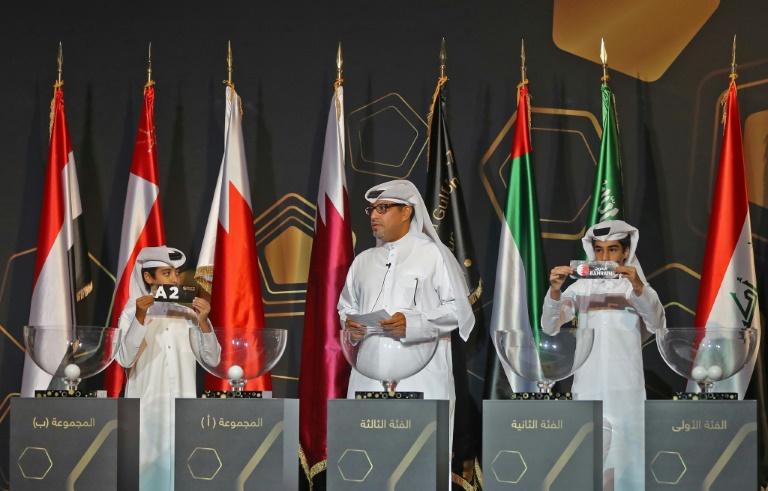By Andrew Warshaw
November 17 – Next month’s Gulf Cup, one of Asia’s key tournaments in the region, is hanging by a thread after Saudi Arabia and two of its allies enforcing the political and trade blockade of Qatar were withdrawn from the eight-nation competition.
Tournament organisers said they had received no response from the Saudis, the United Arab Emirates and Bahrain to last Monday’s deadline to say whether or not they were going to participate.
“There was no response to our letter and they are withdrawn from the tournament,” said Gulf Cup Football Federation (GCFF) general secretary said Jassim Al-Rumaihi.
In September the three nations, all of whom have cut all diplomatic and commercial ties with Qatar, boycotted the draw in Doha as part of the political stand-off that has spilled over into football.
The tournament is set to begin on December 22 but looks increasingly likely to becoming the first high-profile sporting victim of the crisis that has engulfed the region.
Technically the tournament can go ahead with five nations but that can only happen if Kuwait takes part and the Kuwaitis remain suspended by FIFA despite the recent election of a new-look federation. Kuwait has been given until November 30 to say if they will play or not.
The Arab News website said it had been told by a Saudi source the chances of the tournament happening were close to zero.
“The Gulf Cup is unlikely to take place this year. Kuwait’s FIFA ban is not lifted yet, which means there are only four teams,” said the source.
Ironically the tournament, played every two years, was originally to be hosted by Kuwait in 2016 but was switched to Qatar because of the FIFA ban. Oman, Yemen and Iraq – as well as the hosts, the current holders – were the others due to take part.
“We have given 15 days for Kuwait to solve their problems,” said Al-Rumaihi.
Cancelling the tournament would represent a massive sporting as well as diplomatic blow Qatar in their efforts to be seen as credible hosts of major tournaments as preparations build for the biggest one of all, the 2022 World Cup.
Ever since controversially winning the bid to stage 2022, Qatar has been on the end of a barrage of criticism in terms of both its suitability – the tournament has been switched to winter as a one-off because of the heat – and its human rights record.
Last week, Qatari authorities were given a much-needed pat on the back from the International Labour Organisation over efforts to improve workers’ rights. But the blockade by Saudi Arabia and its allies in the region – all powerful forces – has taken over the 2022 narrative.
The bid campaign for 2022, which the Qataris repeatedly insist was entirely clean, continues to hang over them – both in terms of Swiss prosecutors investigating the process (along with 2018) and allegations emanating from the FIFAGate scandal trials in New York which placed the Qataris back in the spotlight for all the wrong reasons.
The last thing the country needs, with sponsors looking on anxiously, is to have the Gulf Cup cancelled especially given the bigger picture of 2022 which organisers have declared a World Cup for the entire Middle East region.
Contact the writer of this story at moc.l1738471694labto1738471694ofdlr1738471694owedi1738471694sni@w1738471694ahsra1738471694w.wer1738471694dna1738471694


